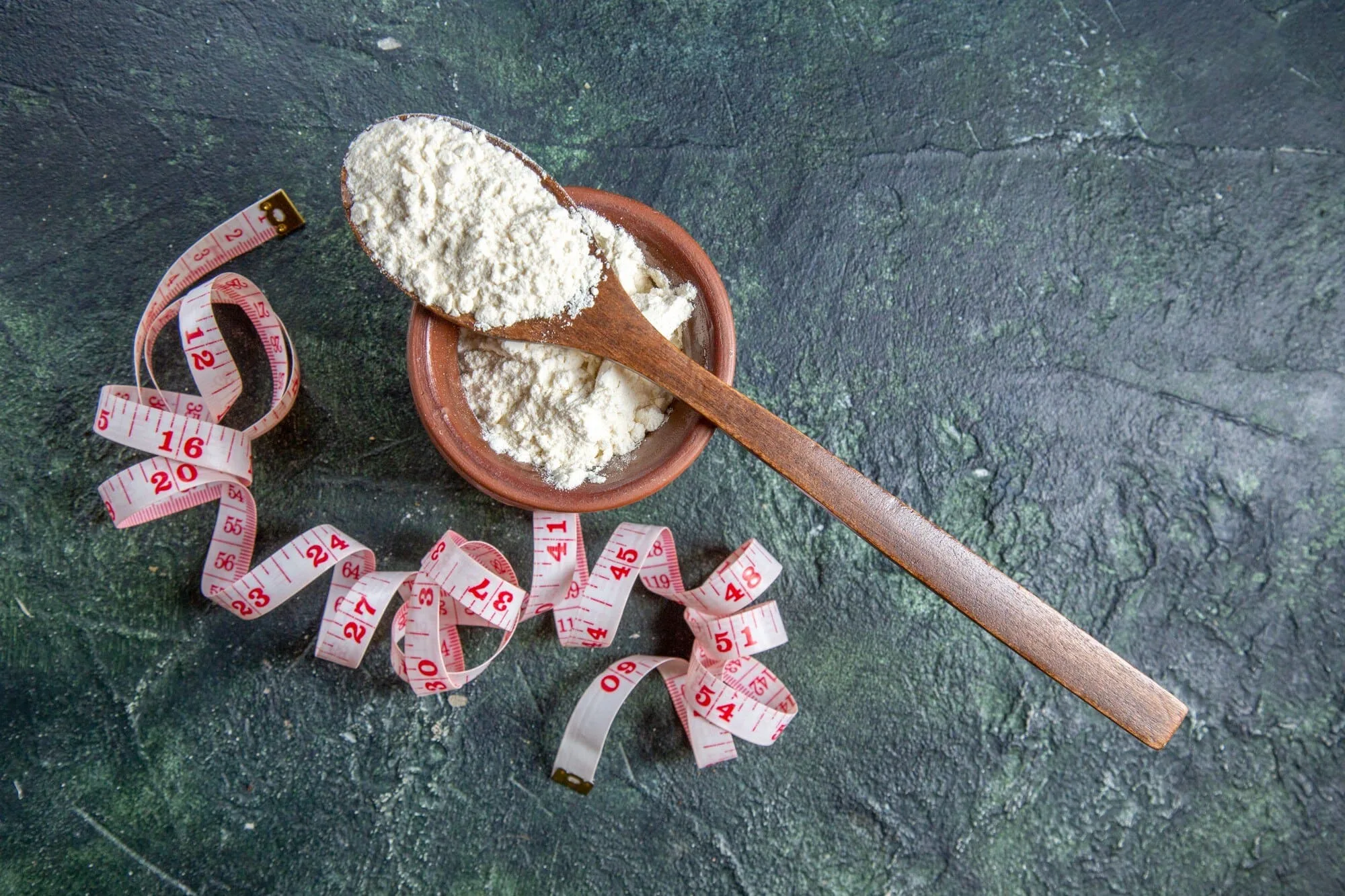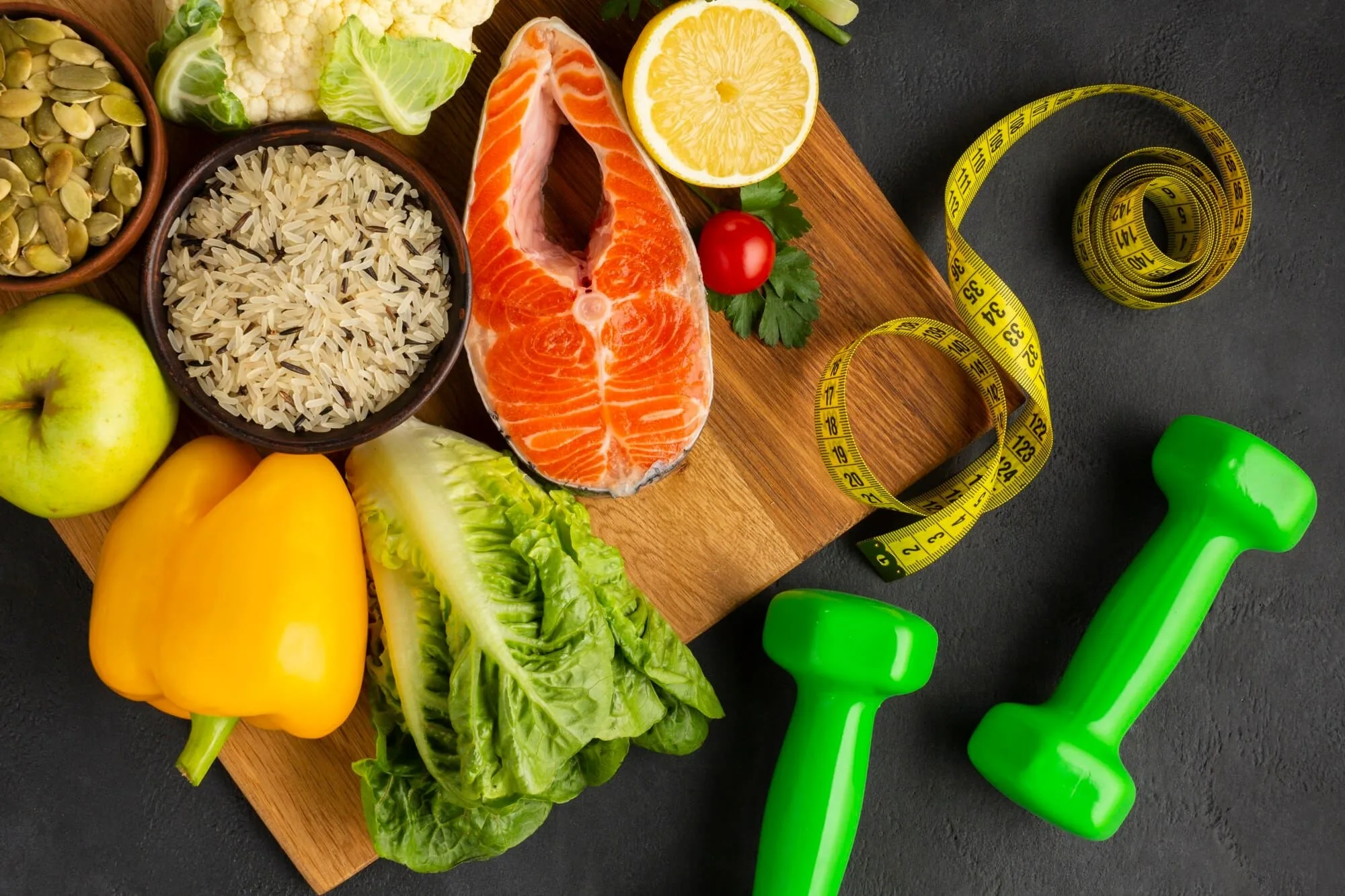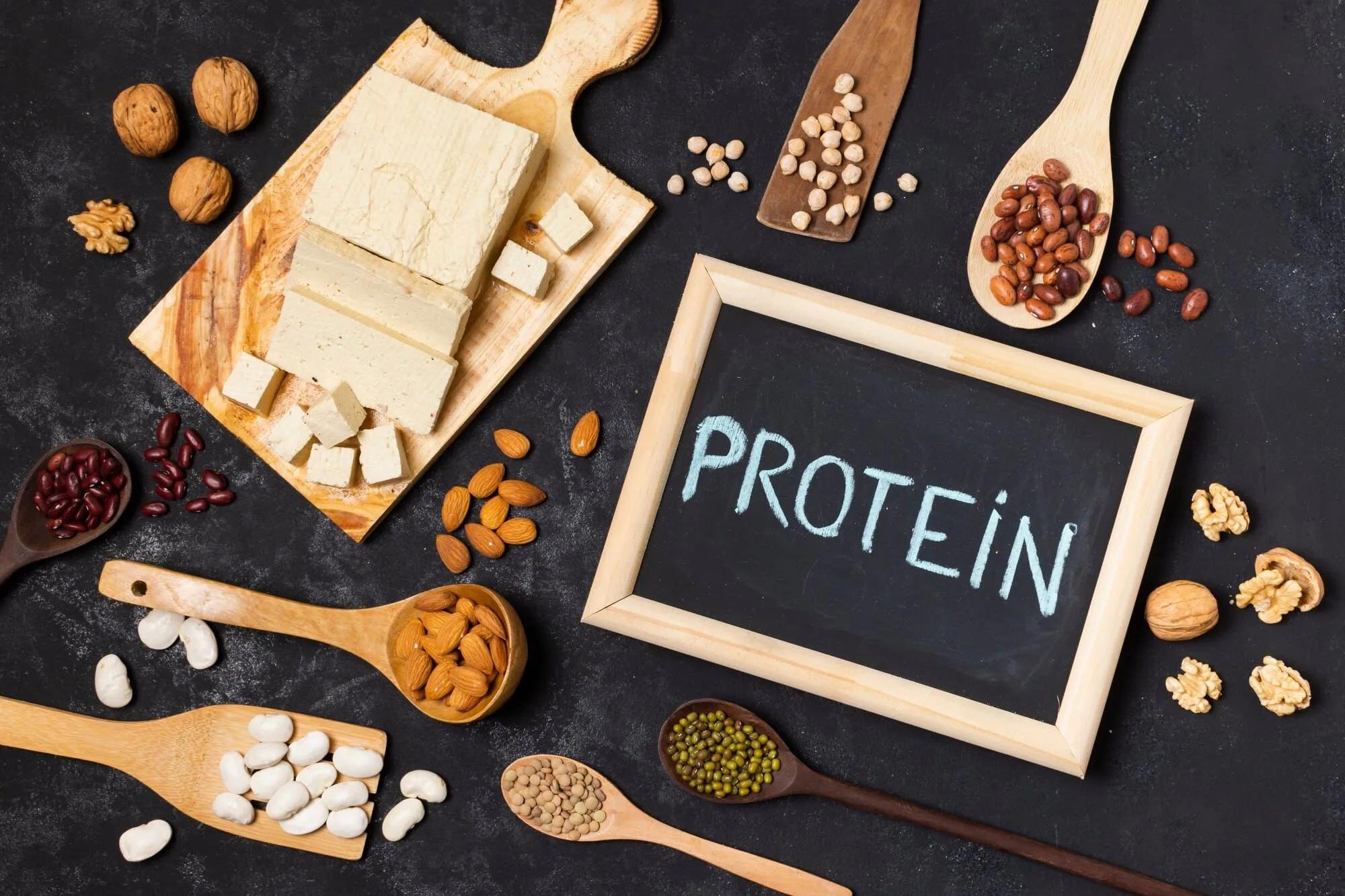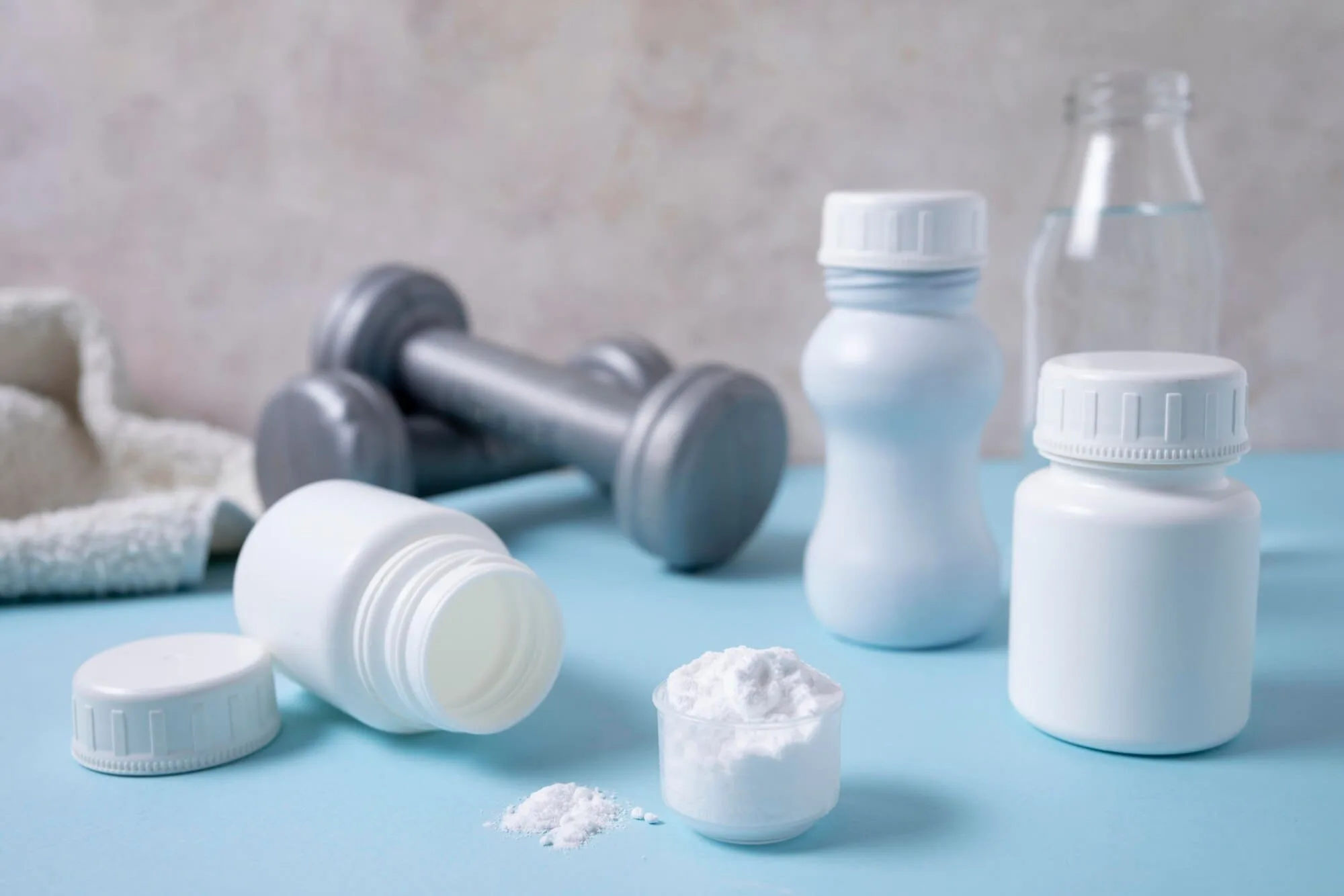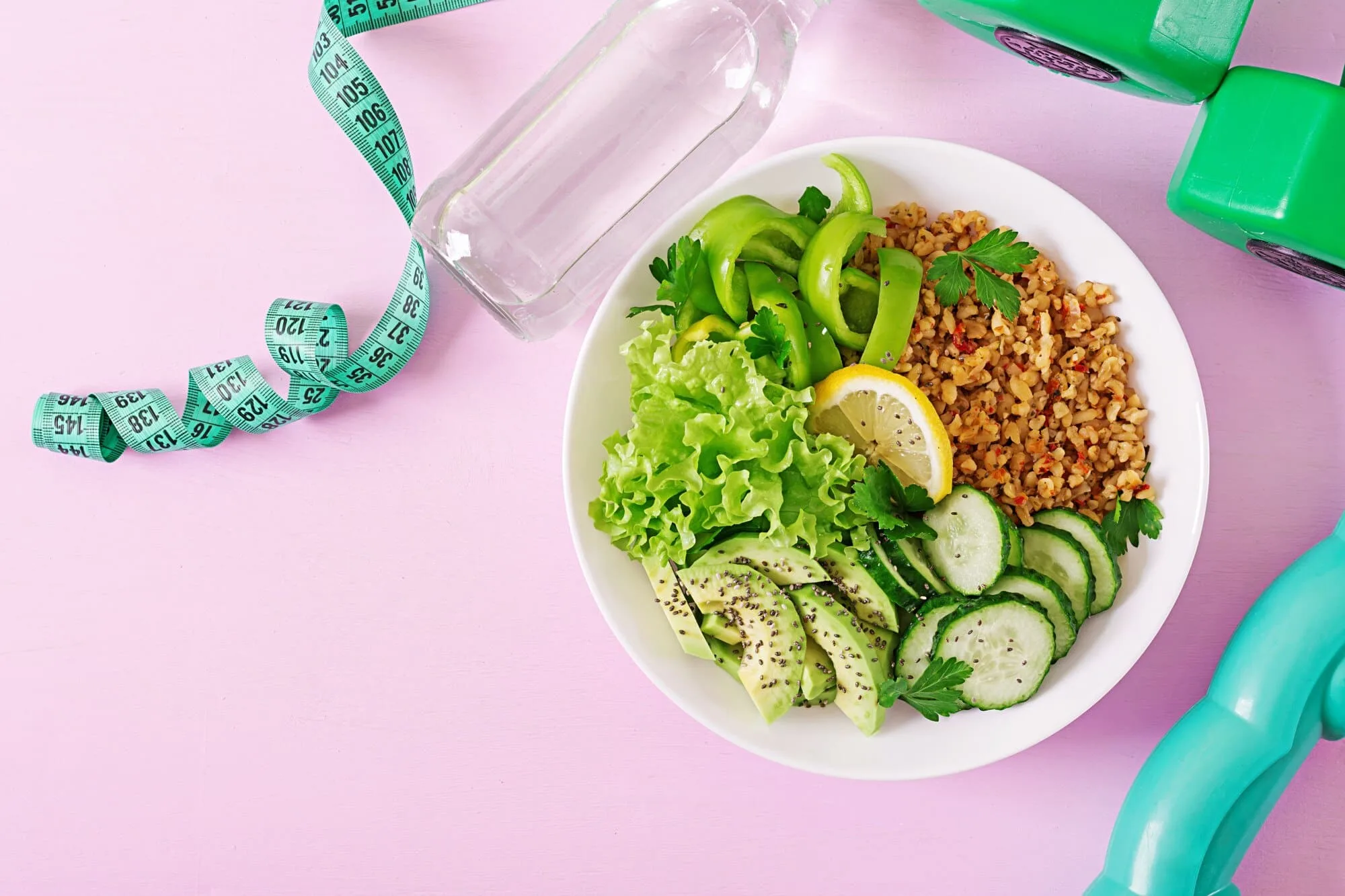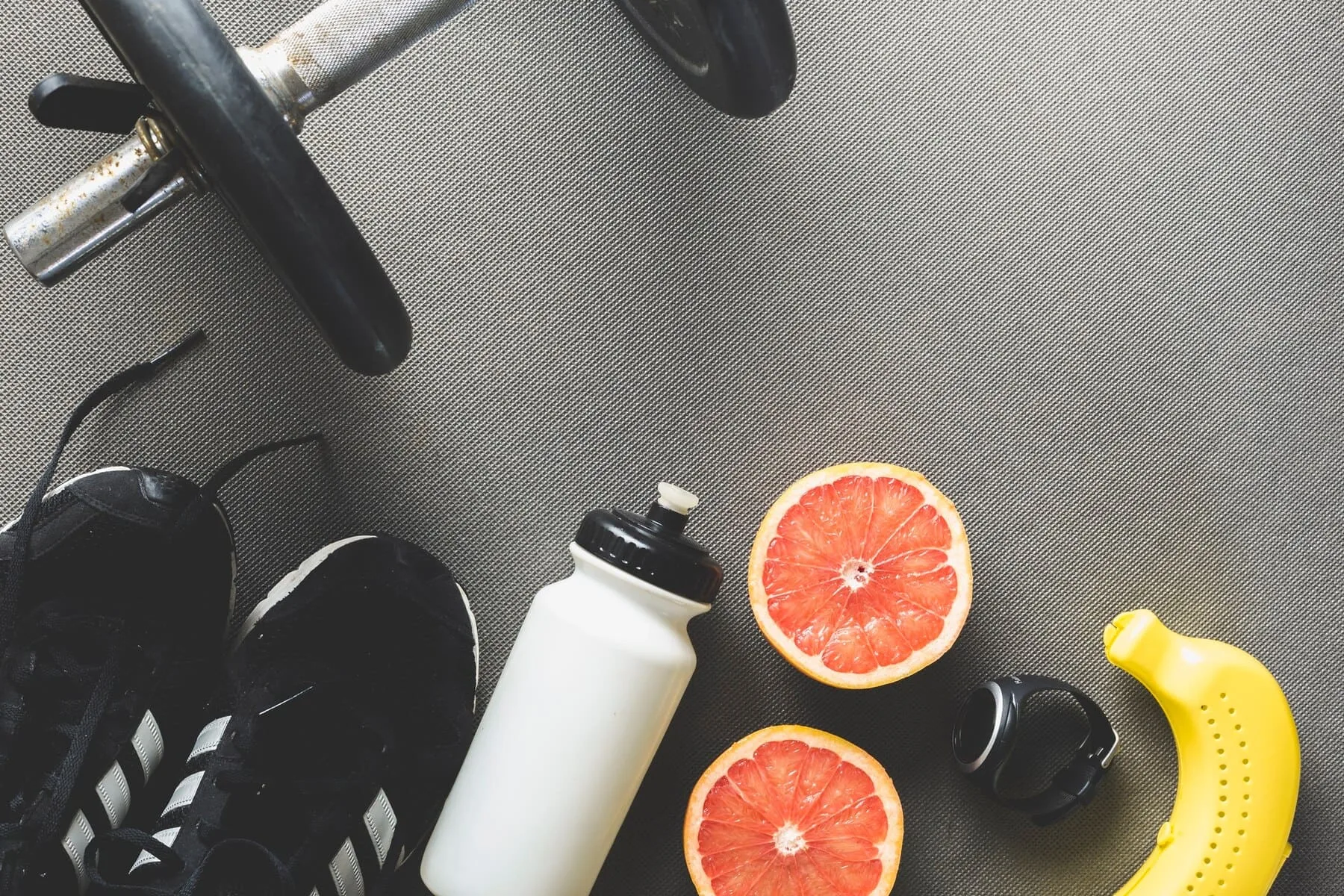Truth and myths about sports nutrition: debunking stereotypes
debunking stereotypes
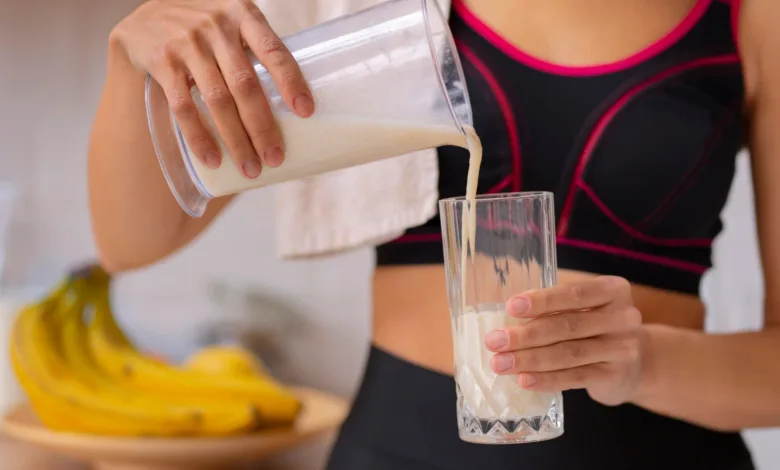
Sports nutrition is a topic surrounded by many myths and prejudices. Some consider it a miraculous elixir that can turn anyone into a superhero, others – dangerous chemistry, harmful to health. Where is the truth? Let’s figure it out!
Myth #1: Sports nutrition is “chemistry” and steroids
This is probably the most common and dangerous myth. Sports nutrition is concentrated food products created to meet the increased needs of the body during intense physical activity. They contain natural components: proteins, carbohydrates, amino acids, vitamins, and minerals. Steroids are a completely different category of substances, prohibited in sports and having a serious negative impact on health. It is important to distinguish one from the other!
Myth #2: Sports nutrition is only needed by professional athletes
Not true! Sports nutrition can be useful for anyone who plays sports, regardless of their level of training. It helps to replenish nutritional deficiencies, improve training results, and speed up recovery after them. If you regularly do fitness, run, swim, or just lead an active lifestyle, sports nutrition can be a great addition to your diet.
Myth #3: Protein is only for gaining muscle mass
Protein is a protein, a building material for all cells of the body, not just muscles. It is necessary for tissue repair, hormone, and enzyme synthesis. Therefore, protein is useful not only for gaining muscle mass but also for maintaining overall health and well-being. There are different types of protein (whey, casein, soy), and each of them has its characteristics and uses.
Myth #4: Creatine is bad for your kidneys
Creatine is a natural substance found in muscles and involved in energy metabolism. Numerous studies have shown that taking creatine in recommended doses is safe for health, including the kidneys. However, people with kidney disease are advised to consult a doctor before taking creatine. It is important to understand that any supplements, even the safest ones, should be taken wisely and following the instructions.
Myth #5: Sports nutrition will replace proper nutrition
This is wrong! Sports nutrition is a supplement to a balanced diet, not a replacement for it. The basis of your diet should be natural products: meat, fish, vegetables, fruits, and cereals. Sports nutrition only helps to replenish the deficiency of certain substances necessary to achieve specific goals.
The Truth About Sports Nutrition:
It can be useful and effective when used correctly.
It is important to choose quality products from trusted manufacturers.
Individual needs and goals must be taken into account.
Before starting to take sports nutrition, it is recommended to consult a doctor or nutritionist. This is especially true for those who have any chronic diseases or take medications.
Conclusion
Sports nutrition is not a panacea, but just a tool that can help you achieve the desired results in sports and fitness. The main thing is to use it wisely and not believe the myths! Hit Fitness trainers will help you not only with training, but also with creating a balanced diet. We will select nutrition that will support your goals – from gaining mass to losing weight, without strict diets and taking into account your lifestyle!

